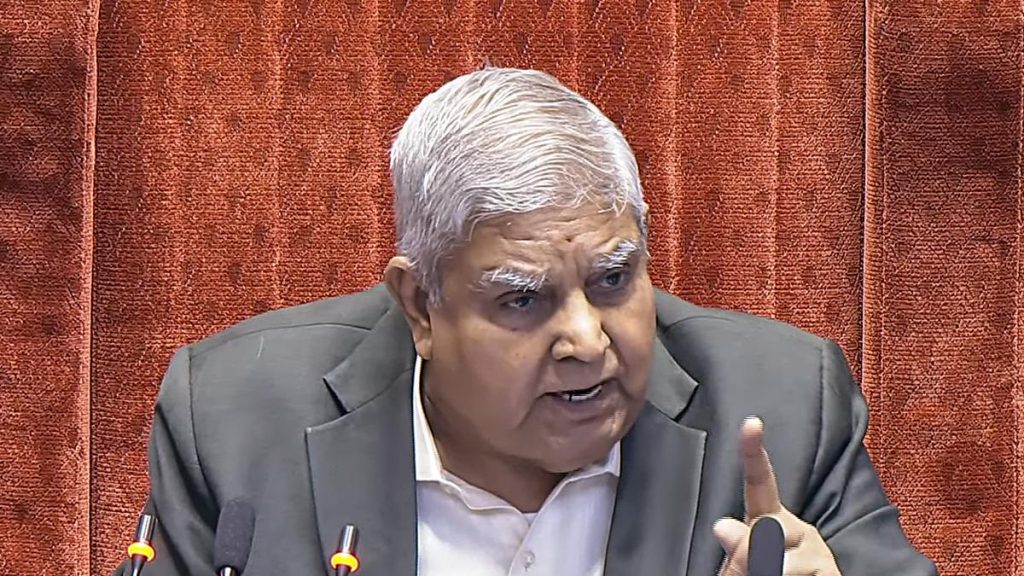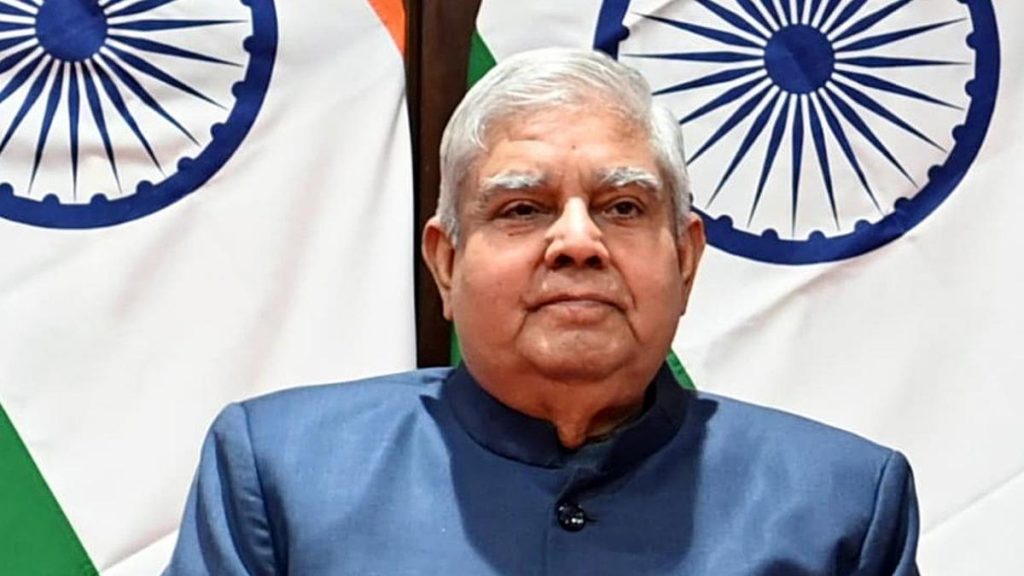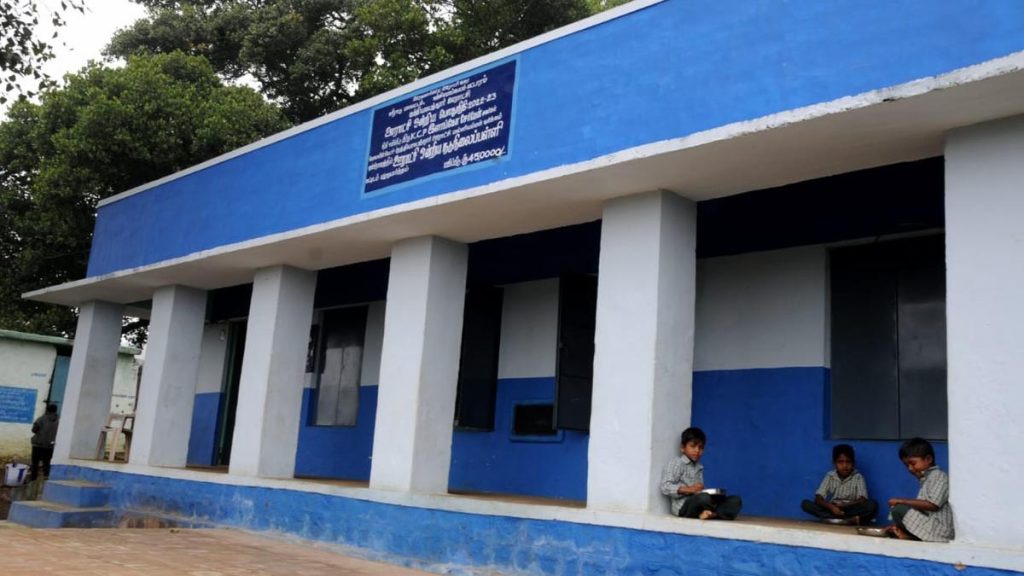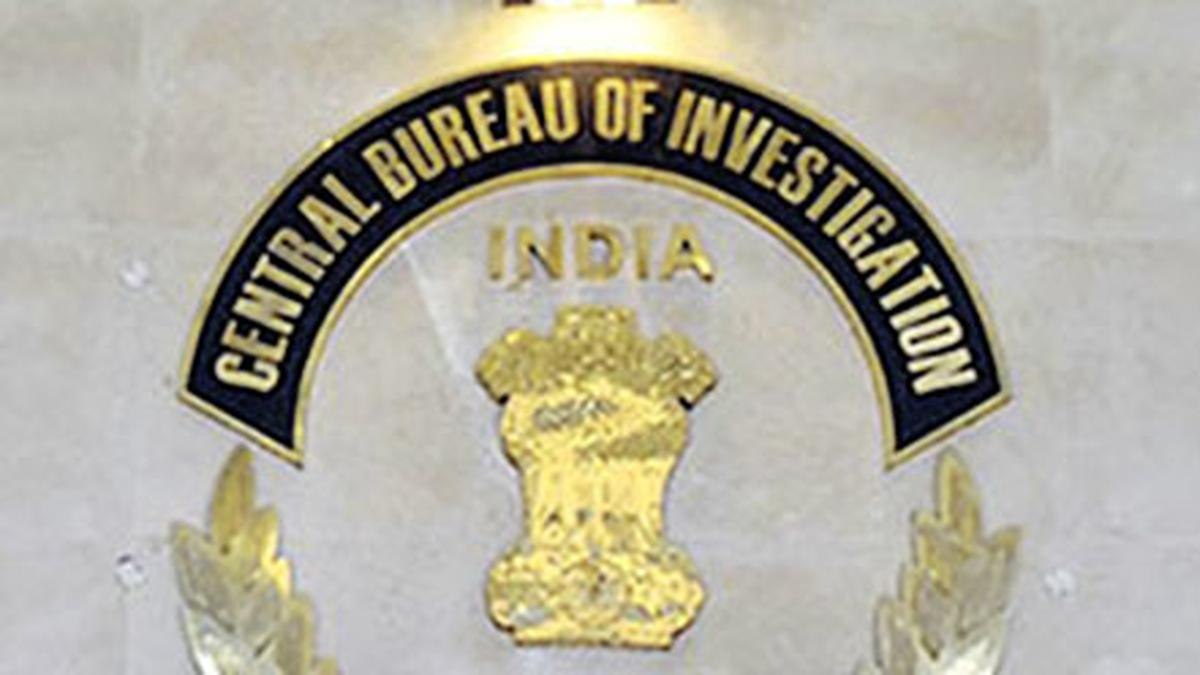Now Reading: Karnataka Minimum Wage Hike to Push Many Workers Beyond ESI Income Limit
-
01
Karnataka Minimum Wage Hike to Push Many Workers Beyond ESI Income Limit
Karnataka Minimum Wage Hike to Push Many Workers Beyond ESI Income Limit

Quick Summary
- Karnataka has proposed a revision of minimum wages for over two crore workers across 100 scheduled employments, with salaries increasing up to 70% from current levels.
- The notified draft sets wages ranging from ₹19,319.36 for unskilled workers in Zone 3 to ₹34,225.42 for highly skilled employees in thermal stations; highly skilled workers in Bengaluru (Zone 1) will earn ₹31,114.02 per month.
- This revision could push many workers over the Employees’ State Insurance (ESI) eligibility ceiling fixed at ₹21,000 per month or ₹25,000 for physically challenged persons – possibly leaving them without ESI medical and other benefits.
- Karnataka’s labor minister Santosh Lad confirmed that the State government has requested the Center to raise the ESI income ceiling to ₹30,000/month but is yet to receive approval despite repeated communications and ministerial efforts.
- Under Indian law through the Minimum Wages Act of 1948, wage revisions are mandatory once every five years; calculated based on costs of living and Supreme Court directives.
- The Employees’ State Insurance Corporation provides comprehensive medical care without expenditure limits but restricts eligibility based on wage thresholds.
Indian Opinion Analysis
The proposed hike in minimum wages is generally well-received as it reflects an effort by Karnataka’s government to align earnings with living costs amid inflationary pressures-an approach supported by Supreme Court rulings and economic studies that peg family survival needs at approximately ₹35,000/month in Bengaluru. Though, it raises legitimate concerns about access gaps for healthcare benefits under ESI due to outdated income ceilings set nationally.
While advocacy from Karnataka’s Labour Ministry highlights practical challenges for low-wage earners who risk losing critical coverage like maternity or disability benefits post-revision unless ceilings rise concurrently with wage hikes nationwide-such policy inertia could disproportionately affect vulnerable worker groups amidst broader economic pressures.
Karnataka’s proactive stance offers a glimpse into balancing welfare protections while attempting compliance with statutory mandates-a delicate equilibrium deserving attention from central decision-makers who ultimately determine whether such reforms genuinely benefit India’s working class holistically.
























